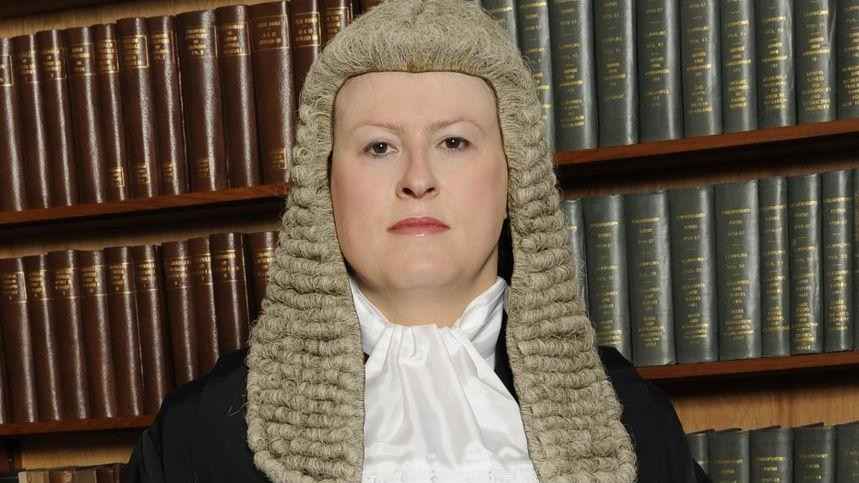
A Landmark Legal Challenge
Dr. Victoria McCloud, the UK’s first openly transgender judge, is challenging a recent Supreme Court ruling that defines “woman” and “sex” in the Equality Act 2010 strictly by biological sex. This decision has significant implications for transgender individuals, particularly those with a Gender Recognition Certificate (GRC), as it potentially excludes them from legal protections and access to gendered facilities. Dr. McCloud, who transitioned in the late 1990s and legally changed her gender under the 2004 Gender Recognition Act, argues that the ruling violates her human rights and those of other transgender individuals.
The Supreme Court Ruling and Its Implications
The Supreme Court’s unanimous decision concluded that “woman” and “sex” under the Equality Act refer solely to biological sex. This interpretation effectively excludes transgender women with GRCs from being legally recognized as women in contexts such as employment, healthcare, and access to single-sex spaces. The ruling has prompted the Equality and Human Rights Commission (EHRC) to issue guidance advising public services and employers to restrict access to facilities like bathrooms and changing rooms based on biological sex. Critics argue that this guidance lacks consultation with transgender and non-binary individuals and could lead to discrimination.
Dr. McCloud’s Legal Response
Dr. McCloud, who resigned from her position as a High Court master in 2024 due to concerns about the toxic climate towards transgender individuals in the UK, is seeking to intervene in the Supreme Court case. She contends that the ruling, which she was not allowed to participate in, infringes upon her Article 6 right to a fair trial under the European Convention on Human Rights. Supported by the Good Law Project, Dr. McCloud is also pursuing a judicial review in the UK to challenge the decision.
Medical and Political Reactions
The Supreme Court’s ruling has sparked widespread criticism from medical professionals and political figures. Resident doctors of the British Medical Association (BMA) have condemned the decision as “scientifically illiterate,” arguing that it disregards medical understanding of gender and could harm transgender, non-binary, and intersex individuals. Politicians, including Green Party MP Carla Denyer, have called for the EHRC’s guidance to be withdrawn, citing lack of consultation with affected communities and concerns about potential misuse.
Broader Human Rights Concerns
Dr. McCloud’s legal challenge is not only about personal rights but also about broader human rights issues. She warns that the ruling could lead to the erasure of transgender identities in legal contexts and undermine protections against discrimination. The case has drawn attention to the need for inclusive policies that respect the rights and dignity of all individuals, regardless of gender identity.
Conclusion
Dr. Victoria McCloud’s decision to challenge the UK’s Supreme Court ruling at the European Court of Human Rights marks a significant moment in the ongoing struggle for transgender rights. Her actions highlight the importance of inclusive legal interpretations and the need for policies that protect the rights of all individuals, particularly those from marginalized communities. As the case progresses, it will likely have far-reaching implications for the legal recognition and protection of transgender individuals in the UK and beyond.




































Leave a Reply